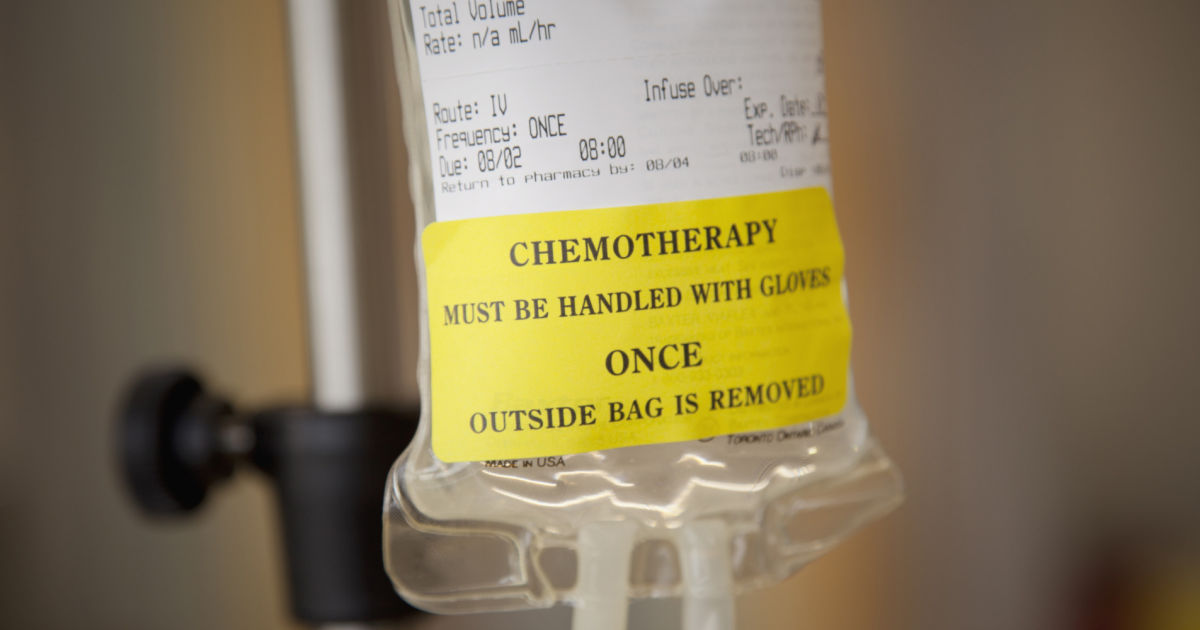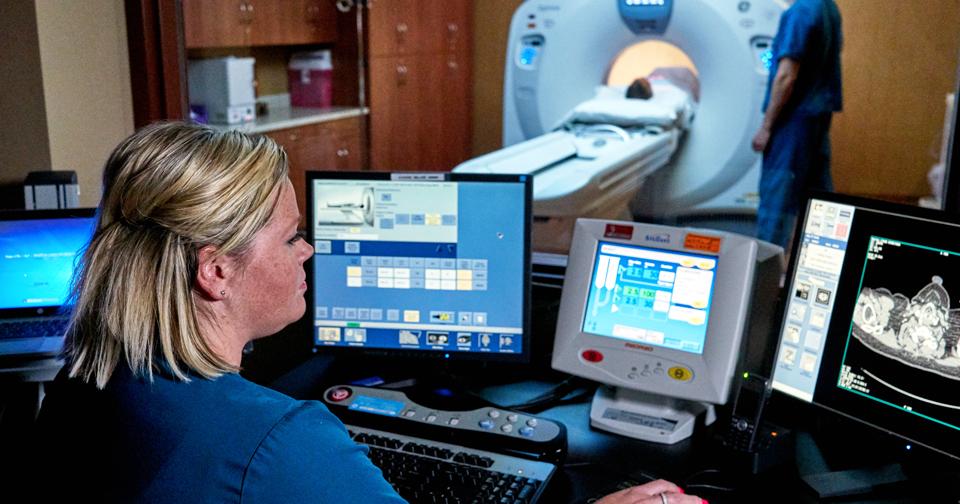Ways To Treat Nasopharyngeal Cancer
Nasopharyngeal cancer is a type of cancer that grows in the nasopharynx. The nasopharynx is an area that includes the upper portions of the throat and the area behind the nose. While this cancer is rare in the United States, it is more common in Southeast Asia. Symptoms indicative of nasopharyngeal cancer include swollen lymph nodes in the neck, blood in saliva, nasal bleeding, frequent ear infections, sore throats, hearing loss, and headaches. Unfortunately, nasopharyngeal cancer can be difficult to detect in its early stages. Doctors perform a health history and physical examination to diagnose this form of cancer, and a nasal endoscopy is typically needed. In a nasal endoscopy, a tube with a camera may be used to closely examine the inside of the nasal passages and throat. If any abnormalities are found, a biopsy of the area will be taken. Risk factors for nasopharyngeal cancer include eating salt-cured foods and having had the Epstein-Barr virus. The methods described below are often used in the treatment of nasopharyngeal cancer.
Chemotherapy

Chemotherapy is the use of specific chemicals to target and kill cancer cells. Some forms of chemotherapy can be taken orally, and others are given intravenously. Chemotherapy is often used at several stages of nasopharyngeal cancer, and it is usually the first line of treatment for patients whose cancers have spread beyond their head and neck. Since some chemotherapy medications make the body more sensitive to radiation (another type of cancer treatment), they may be used at the same time as radiation, in a process known as chemoradiation. Chemotherapy may also be given before or after a patient has completed radiation treatments. Typically, chemotherapy is given in cycles of three to four weeks each. After each cycle, patients have a short period to rest and recover. Cisplatin and 5-fluorouracil (5-FU) are two of the most common chemotherapy medications used to treat this form of cancer. Side effects include vomiting, hair loss, nausea, diarrhea, increased risk of infection, mouth sores, fatigue, and easy bruising.
Reveal the next method of treating nasopharyngeal cancer now.
Radiotherapy

Also known as radiation, radiotherapy uses highly concentrated doses of targeted radiation to destroy cancerous cells. X-rays and protons are two of the radiation types most often used in cancer treatment. For nasopharyngeal cancer, radiotherapy is usually delivered with the external beam method, which is similar to having a simple x-ray taken. The patient lies on a table, and a machine rotates around them to deliver the radiation. The machine does not touch the patient, and this treatment is painless. Small nasopharyngeal tumors can sometimes be successfully treated using radiation alone. Most patients with this type of cancer will receive radiation five times a week for approximately seven weeks. Since the head and neck are particularly sensitive to radiation, side effects include severe mouth ulcers, dry mouth, hearing loss, and temporary redness at the targeted site. Occasionally, mouth sores may make it difficult to eat or drink, and doctors may recommend the use of a feeding tube until the sores heal.
Learn more about treating nasopharyngeal cancer now.
